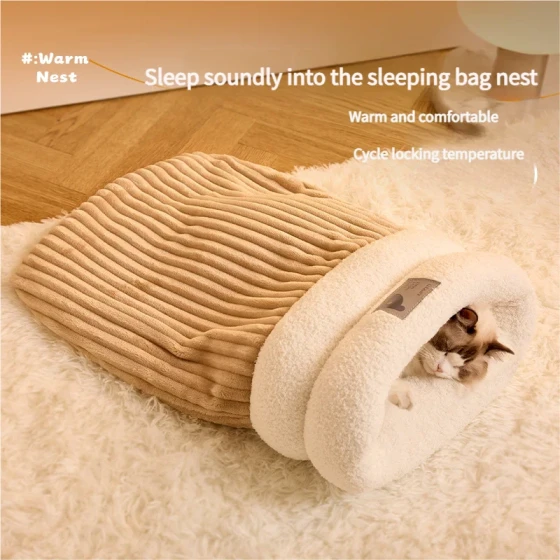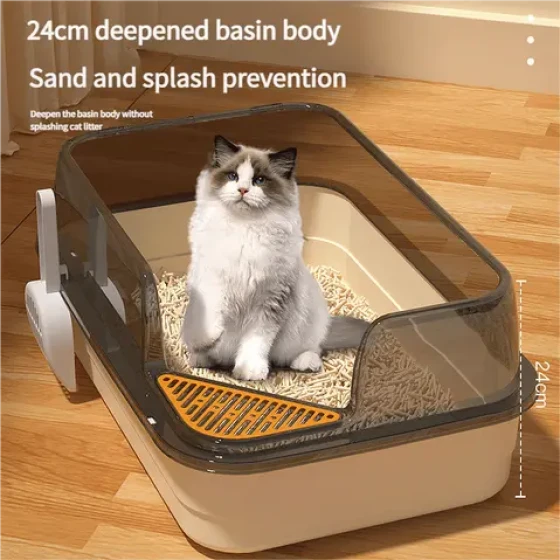Can Cats Eat Eggs? Be Very Careful
A few days ago, while scrolling through videos, I saw many people constantly cuddling and petting cats, which made me quite envious. Nowadays, many families have a small new member, that is, a cat. Whenever one feels unhappy or encounters troubles, seeing that little bundle waiting at home and giving it a good cuddle can really lift your mood. For many people, pets are like family or friends. For those who have cats at home and want to add some nutrition, they may feed cats eggs, but can cats really eat eggs as food?

Actually, cats, as carnivores, can eat eggs. But cats should only eat egg yolks and not egg whites, because egg whites are not very easy to digest for cats. Eating eggs can actually have great benefits for cats, such as providing high nutrition for eyesight and skin. However, it is best to give cats no more than two egg yolks per week, as excessive egg feeding can cause a burden on the cat's body.

If cat owners want to feed eggs to their cats, the eggs must be cooked. Raw eggs contain an enzyme called avidin, which reduces the absorption of vitamin B. Moreover, raw eggs contain large amounts of bacteria, such as E. coli and Salmonella. In many cases, these pathogens are spread through contaminated meat and poultry. Once a cat is infected with these bacteria, it not only threatens the cat’s life but may also be transmitted to humans.

Eggs have many benefits for cats, but this does not mean cats should be fed eggs every day. Remember, eggs can serve as a snack or supplement for cats but must never be the main food. Feeding cats eggs continuously can easily cause physiological defects and malnutrition. Therefore, even healthy food does not necessarily lead to good results — cat owners should always feed other foods in moderation.





